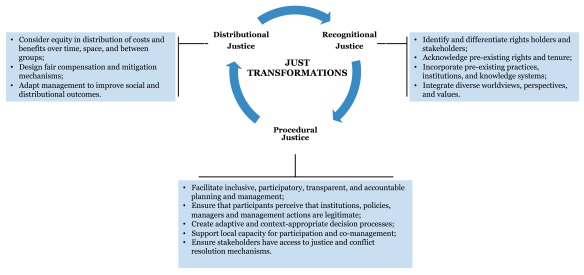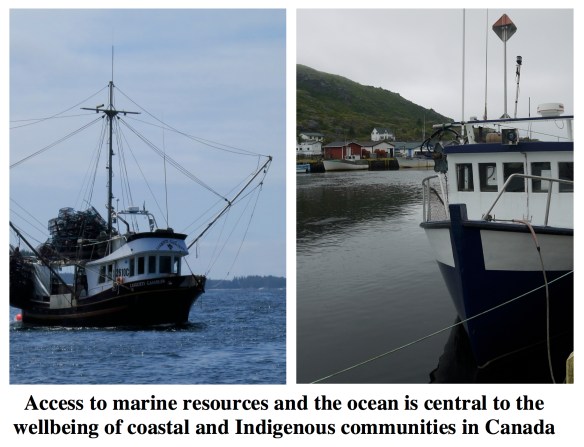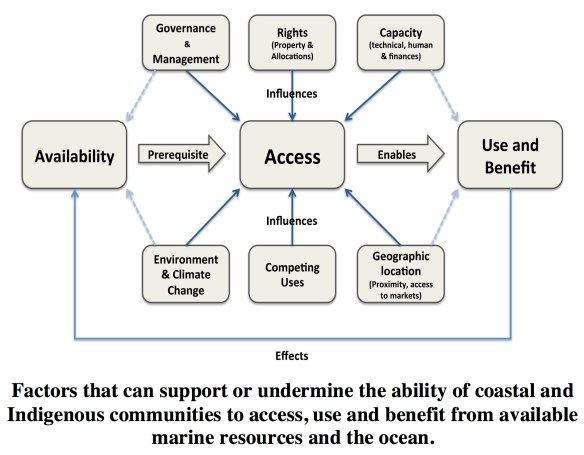I just published a new paper in Marine Policy titled “Navigating a just and inclusive path towards sustainable oceans” (link to paper). This agenda setting paper argues that the ocean science, practitioner, governance and funding communities need to pay greater attention to justice and inclusion across key ocean policy realms including marine conservation, fisheries management, marine spatial planning, the blue economy, climate adaptation and global ocean governance.
Reference: N.J. Bennett, Navigating a just and inclusive path towards sustainable oceans, Marine Policy. (2018). https://doi.org/10.1016/j.marpol.2018.06.001
Abstract: The ocean is the next frontier for many conservation and development activities. Growth in marine protected areas, fisheries management, the blue economy, and marine spatial planning initiatives are occurring both within and beyond national jurisdictions. This mounting activity has coincided with increasing concerns about sustainability and international attention to ocean governance. Yet, despite growing concerns about exclusionary decision-making processes and social injustices, there remains inadequate attention to issues of social justice and inclusion in ocean science, management, governance and funding. In a rapidly changing and progressively busier ocean, we need to learn from past mistakes and identify ways to navigate a just and inclusive path towards sustainability. Proactive attention to inclusive decision-making and social justice is needed across key ocean policy realms including marine conservation, fisheries management, marine spatial planning, the blue economy, climate adaptation and global ocean governance for both ethical and instrumental reasons. This discussion paper aims to stimulate greater engagement with these critical topics. It is a call to action for ocean-focused researchers, policy-makers, managers, practitioners, and funders.


 A group representing academics, Indigenous peoples, fishers, and NGOs recently published a
A group representing academics, Indigenous peoples, fishers, and NGOs recently published a 